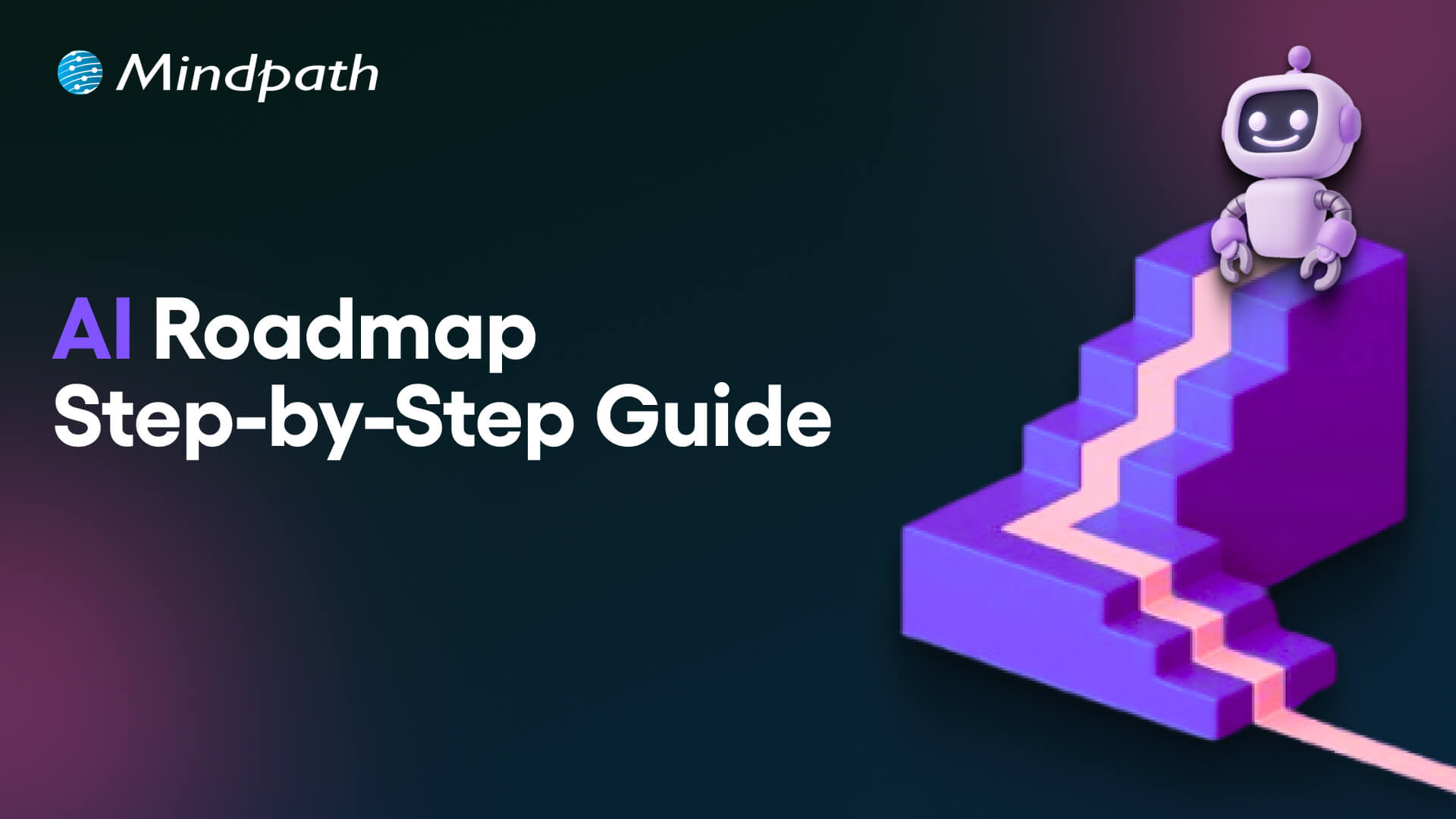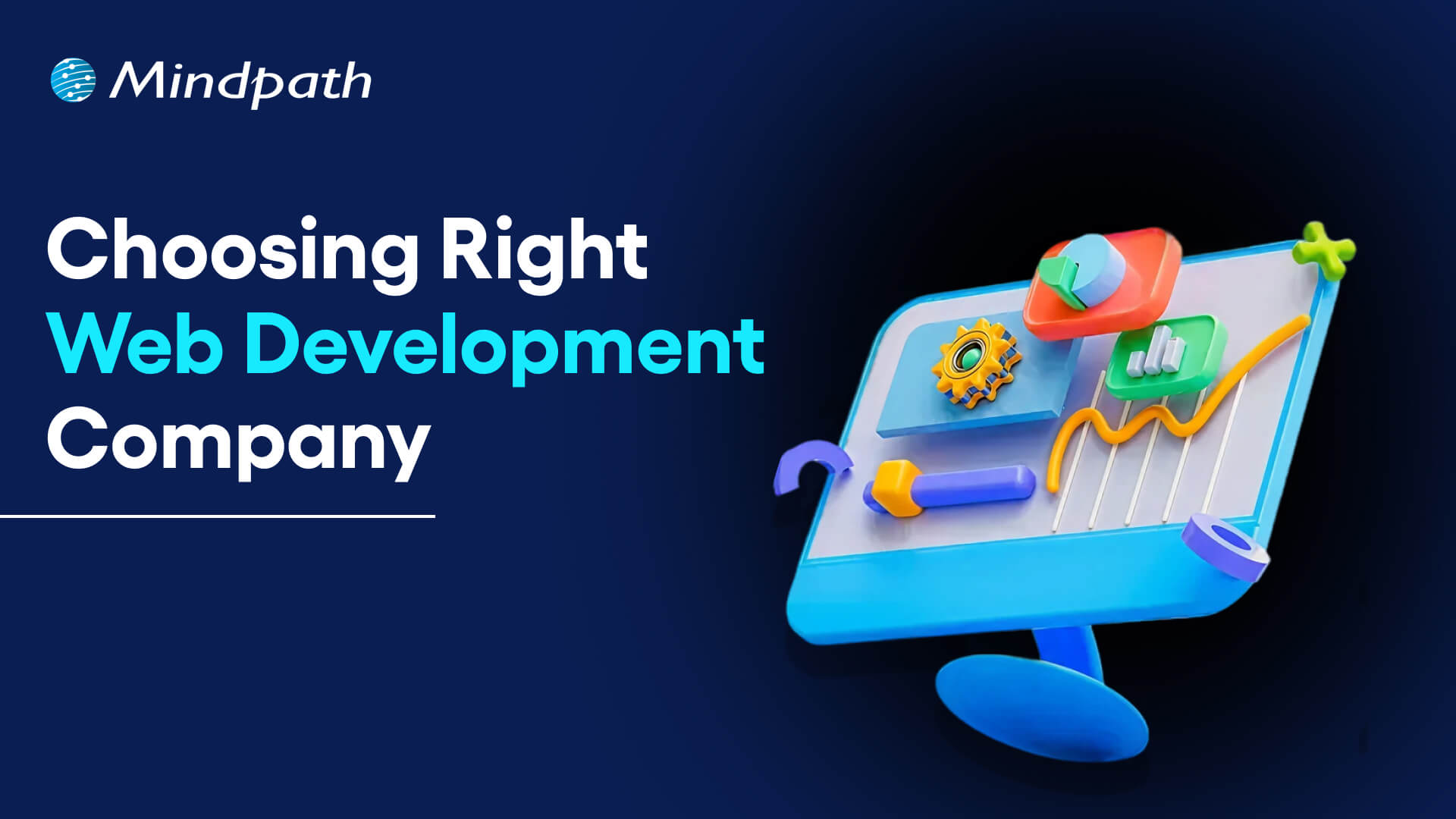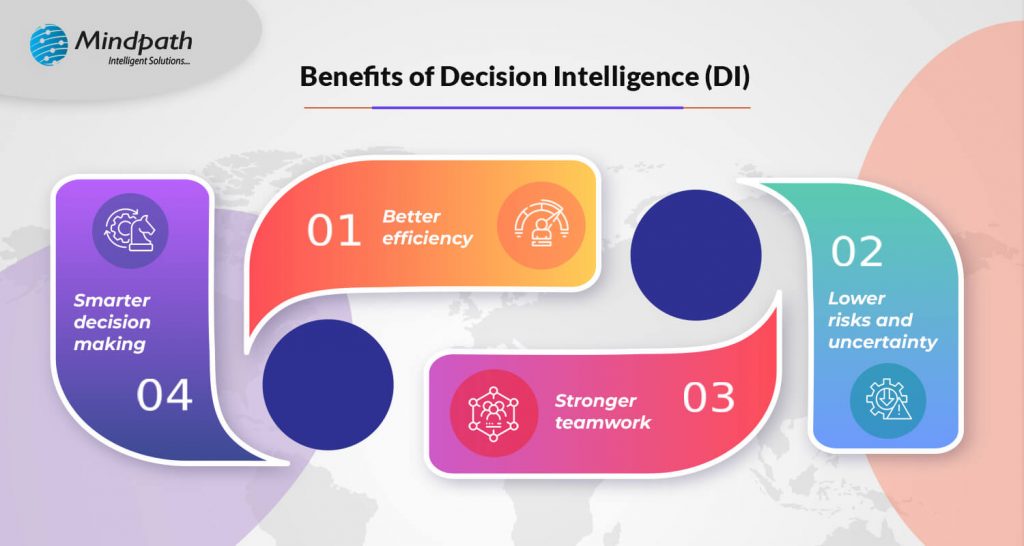1. JavaScript Fundamentals
2. Node.js frameworks
3. Database Management
4. Testing and Debugging
Ensuring code reliability requires strong testing and debugging skills. A good Node.js developer should have experience with unit testing frameworks like Jest, Mocha, or Chai to identify and fix errors before deployment. Debugging skills, including the ability to analyze logs, use Node.js debugging tools, and resolve performance bottlenecks, help maintain a stable and efficient application. Effective testing reduces bugs, enhances security, and ensures a seamless user experience.
At Mindpath, we connect you with top-tier developers who specialize in JavaScript, Node.js frameworks, database management, API development, and more. Whether you need a developer for a startup, enterprise, or e-commerce project, we have the right talent to bring your vision to life.
Ready to build your dream team? Contact Mindpath today and let’s create something exceptional! Get in touch now!











